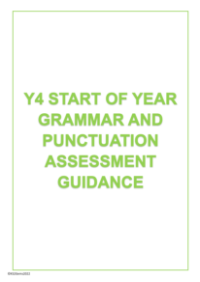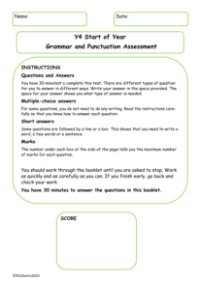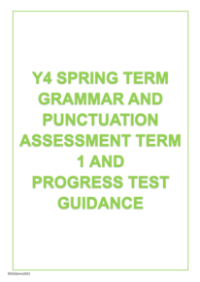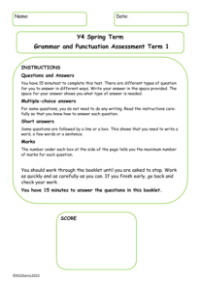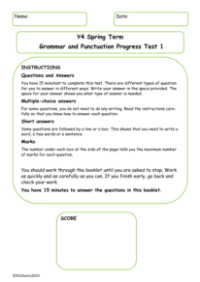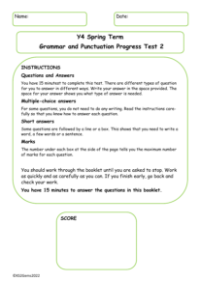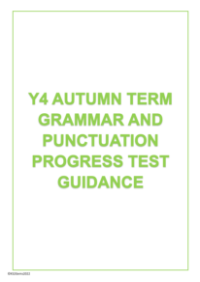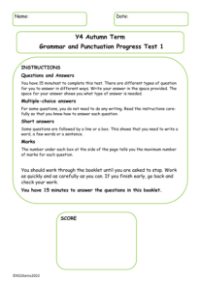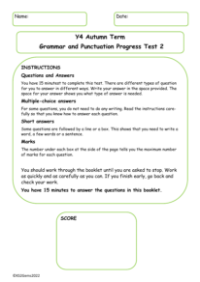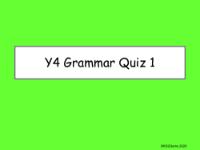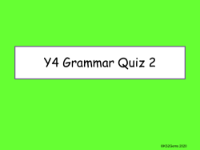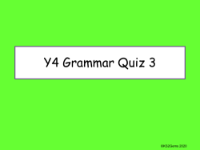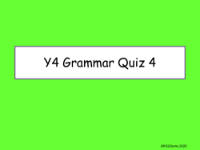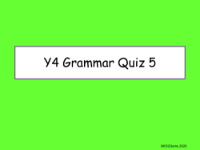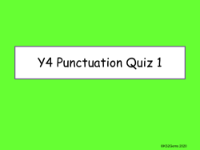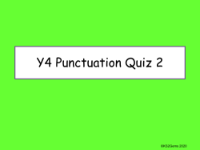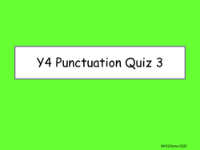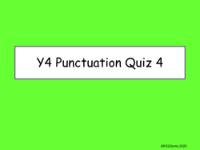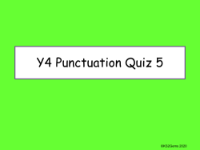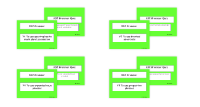Grammar and Punctuation Vocabulary
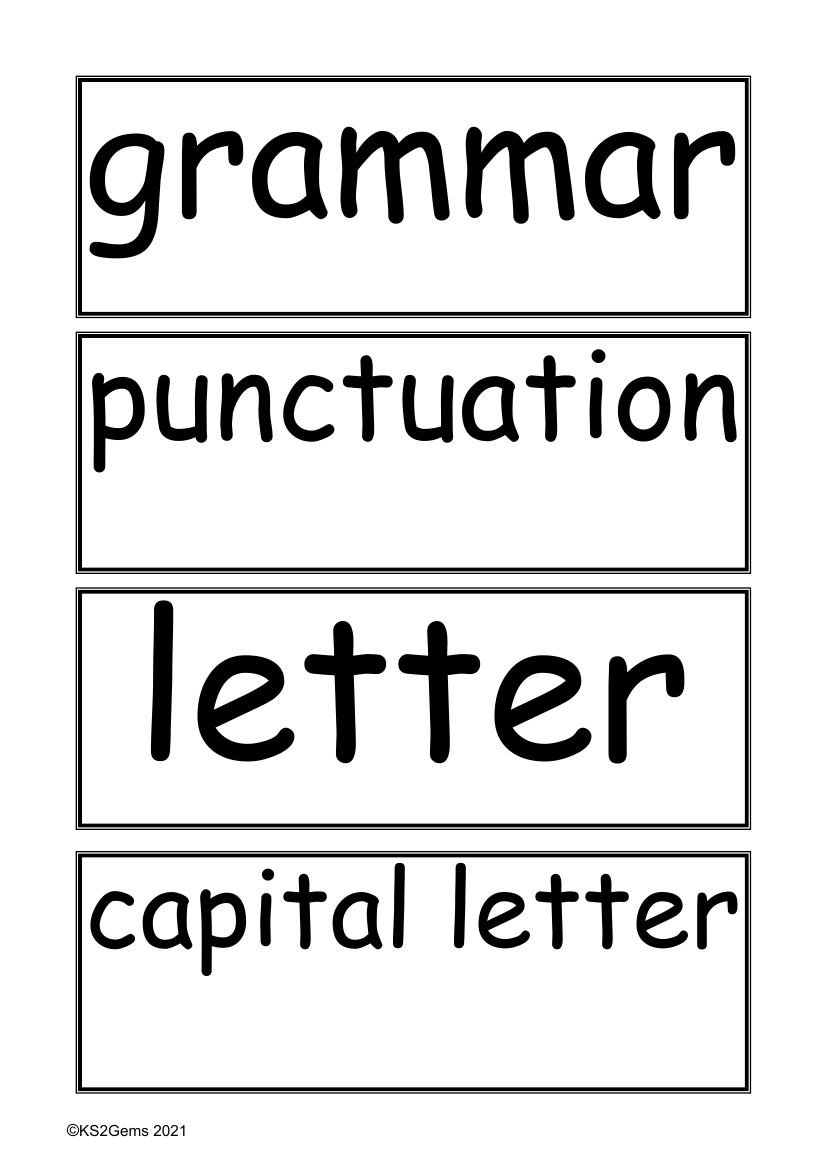
English Resource Description
Understanding the building blocks of the English language is crucial for effective communication, and this begins with a solid grasp of grammar and punctuation. Grammar encompasses the rules that govern the structure of sentences, including the use of words, phrases, and clauses. Punctuation, on the other hand, involves symbols such as full stops, commas, and question marks, which help to clarify meaning and indicate pauses or intonation in writing. A fundamental component of grammar is the letter, with capital letters used to denote the start of sentences or proper nouns.
Expanding our vocabulary, we come across words, which can be singular or plural depending on the quantity they represent. Sentences are constructed using these words and are often concluded with a full stop, question mark, or exclamation mark, depending on the intended expression. Nouns are words that name people, places, or things, and they can form part of a noun phrase. Language functions such as statements, questions, exclamations, and commands make use of these elements to convey different intentions. Further intricacies of grammar include the use of adjectives and adverbs to describe nouns and verbs, respectively, while understanding tenses, such as past and present tense, is essential for indicating the timing of an action. Apostrophes and commas are punctuation marks that serve specific purposes, such as showing possession or separating items in a list, whereas prepositions and conjunctions are types of words that link elements within a sentence. A clause is a group of words containing a subject and a verb, and a subordinate clause adds additional information to the main clause. Direct speech is often demarcated by inverted commas or speech marks, and within words, consonants and vowels play distinct roles in forming sounds. Lastly, determiners, pronouns, and possessive pronouns are used to point out or replace nouns, and an adverbial provides more information about the verb, often relating to time, place, or manner.
